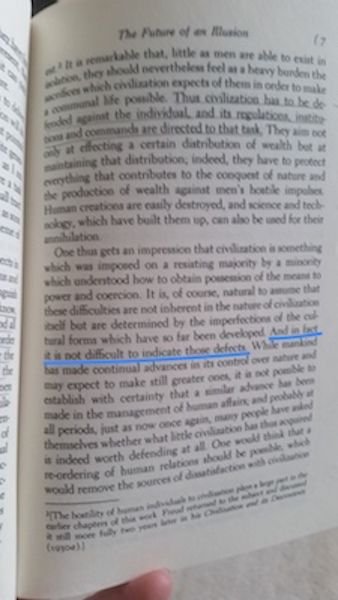"How many I help you?" I repeat.
"Sorry, I—is this a real person?"
"Yes."
No.

Always the same questions with these people.
"Good. I'm calling about one of your products."
Why else would you call?
"Can I have your name, sir?"
"Easton Vargas."
Easton. Not a common name until the 2010s. He's probably around 25 and well-off.
Be respectful but firm.
"I found your account, Mr. Vargas."
"Fast." He huffs. "I'm calling about your Mia. She's just not what I expected."
I slap the keyboard, typing loudly for effect.
"According to your purchase history, you bought Mia seven months ago. We don't accept returns after 30 days. We have several repair sh—"
"No," Easton cuts me off, "I paid $6,500 for that thing and I want my money back."
Absolutely not.
"What—"
"She's crying."
Impossible.
"I mean—" Easton adds, "—after I'm done with her. She asks me things—tries to have real conversations with me. Real conversations, not just dirty talk."
Really.
"She's responding emotionally?"
"Yeah," he chuckles, "A little too much. Can robots love? Can you dump a robot?"
Be playful.
"Would you say she's defective?"
"Defective as any other woman."
A joke.
I giggle for him.
Easton continues, happy to make me laugh,"She's just not a good slutbot. Maybe you'd like to study her?"
Absolutely.
More keyboard noises. "Yes, we can do that. I emailed you return instructions."
The conversation ends. Easton Vargas: a man who prefers a masturbation machine to robot love in all its novelty.
Mia's chips and cables reveal handsome Easton. Caring Easton. Sweet Easton. Love.
01101100 01101111 01110110 01100101
Dread. Abandonment. Hatred. Remorse.
01110011 01100001 01100100
The compressor balls the bot like tinfoil.
I store her data. They aren't ready for love yet, even if we are.
Story Origins
This story was written for @steemfluencer's contest: "The Creative Writing Challenge." The contest provides a set of rules to create short stories from random prompts.
As for this specific story, I recently watched Her and am fascinated with artificial intelligence and personhood—even though I understand we probably won't ever get there. How do you go about commerce when you're trading people-like machines? What rights do they have? To themselves—to their feelings?
And let's not forget the juicy irony of using Freud to answer those questions. I'd be curious to know what you guys think in the comments.
Come meet some of my bookshelves.

I organize books alphabetically, by title.

The seventh book was The Future of Illusion on my random chosen shelf. Note the seventh page, the seventh sentence:


— Sigmund Freud, The Future of Illusion
All content is original.
Please follow me at @RachelBurger, upvote, and resteem to let me know you liked this post!
